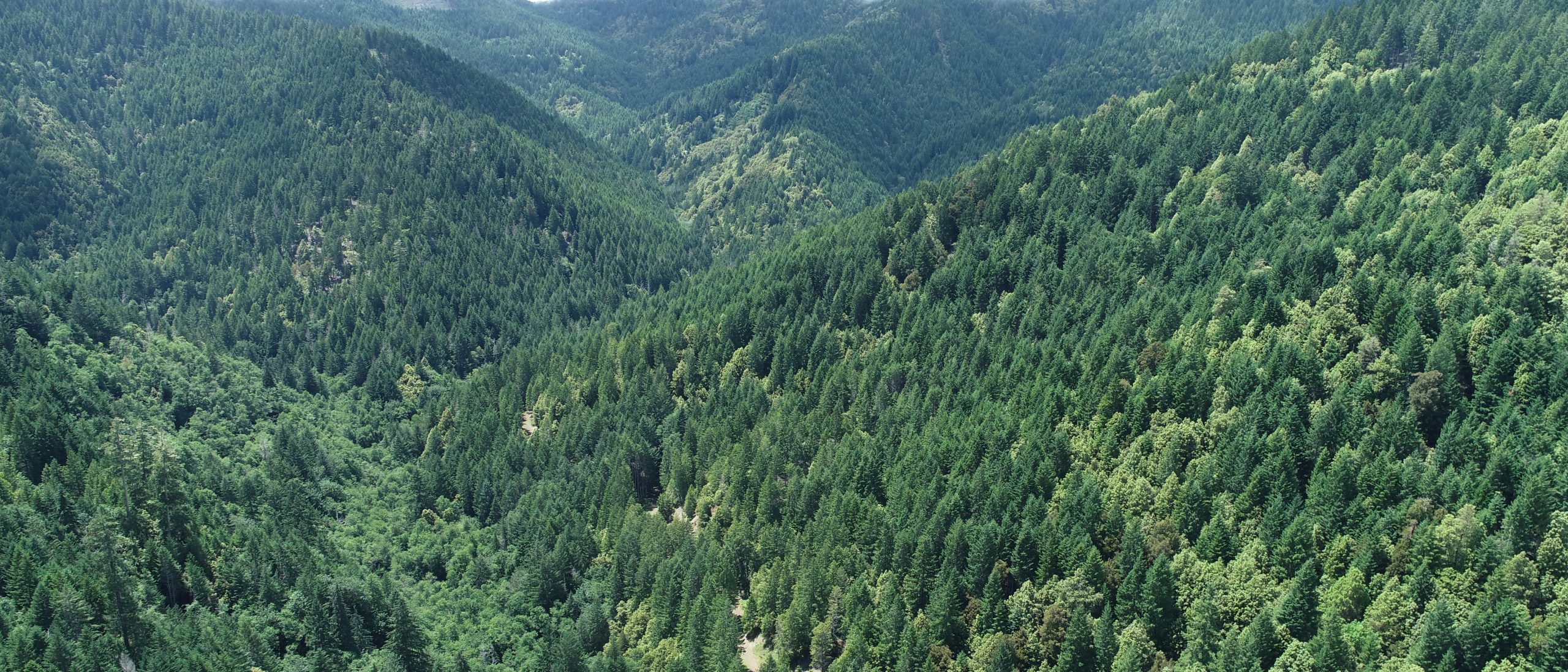Podcast: Play in new window | Download | Embed
A large qaspeq, which draws attention to violence against Native women, has been traveling the country.
Yup’ik artist Amber Webb created the traditional garment. It features portraits of missing and murdered Indigenous women.
“I didn’t realize until I did the project, how many women I knew who had either been murdered or gone missing. And I didn’t realize how big of an impact that had on shaping my identity. Like how I walk around in the world, where I’ll go and where I won’t go and how I teach my daughters to be safe.”

Courtesy Amber Webb
Webb says it’s a personal issue for her, having a family friend go missing.
Several years ago, she felt an overwhelming sense to do something and created a nearly 13-foot tall qaspeq, featuring hand drawn faces on the garment with permanent marker.
“I realized I wasn’t gonna be able to find portraits of all of the Native women from Alaska who had been murdered because there was no way to even quantify that, because so many don’t even, have never been tracked. In my grandmother and my great-grandmother’s generation, nobody was tracking that, people don’t even know. I decided to look to the work that was being done in Canada and allover North America. And I wanted to honor all of the activism that had been happening, and this was people’s grandmas people’s Aunties, people who died before anything happened. Those are the people that allowed all of us who are doing activism now to have a platform to do what we’re doing.”
Webb says she wants to make sure stereotypes are dispelled about missing and murdered Native women.
“The violence happens anywhere Native women are and it’s a part of colonization…tied into the experience of boarding school trauma and tied into the experience of like the people had during forced removal. That the violence we’re experiencing today is the same violence, it’s the same violence that our grandmas and our great-grandmas experienced. When we talk about violence, it’s really important to name it. It’s important to name where the violence comes from and who’s doing it. You could say Native women are killed at alarming rates or you could say, people are killing Native women, and who are those people? We know that 90% of them are non-Native people and even the ones that are Native are coming from places who have experienced high, high rates of trauma.”

Courtesy Amber Webb
Webb says the qaspeq is to honor the women and keep their memories alive.
“When people look at each one of those faces, I want them to see the humanity and the life that was there. Because it’s not about how they died, it’s about how they lived, and it’s about how we live in their honor, and how we protect each other.”
Webb’s Memorial Qaspeq is currently part of the traveling exhibit – Protection: Adaptation and Resistance – showcasing the work of more than 45 Alaska Native artists.
This story is a partnership with FNX Television with support by the Public Welfare Foundation, committed to advancing transformative youth and criminal justice reforms.
Watch Webb and Alaska Native fashion designer Mary Kelsay talk about their advocacy in this special report

Courtesy National Western Stock Show
The 2024 National Western Stock Show begins this week.
Festivities include a parade on Thursday, and as KUNC’s Rae Solomon reports, an Indigenous group is bringing Native culture to the event.
Marching bands, horses, and long-horn cattle will take over downtown Denver to kick off the annual celebration of Western ranching culture.
 This year, for the first time, the parade will feature the Rocky Mountain Indigenous Dancers.
This year, for the first time, the parade will feature the Rocky Mountain Indigenous Dancers.
Mary Martinez Yellowhorse directs the dance troupe.
“Representation matters that we’re able to bring our culture into new spaces. And even if it’s uncomfortable, it’s needed. So we’re out there to show that we’re still here. We’re still thriving.”
The parade opens more than two weeks of rodeos and events that president and CEO Paul Andrews calls the Superbowl of stock shows.
“The entire country is converging on Denver to compete – coast to coast they are here. You will not see a competition with more competitive animals in this country”
This year’s highlights include live music on the weekends and a new exhibit featuring Colorado’s burgeoning wine industry.
The stock show runs January 6-21.
New Year. New Newsletter. Get National Native News delivered to your inbox daily and stay up-to-date on the 2024 Native Vote. Sign up for our daily newsletter today.












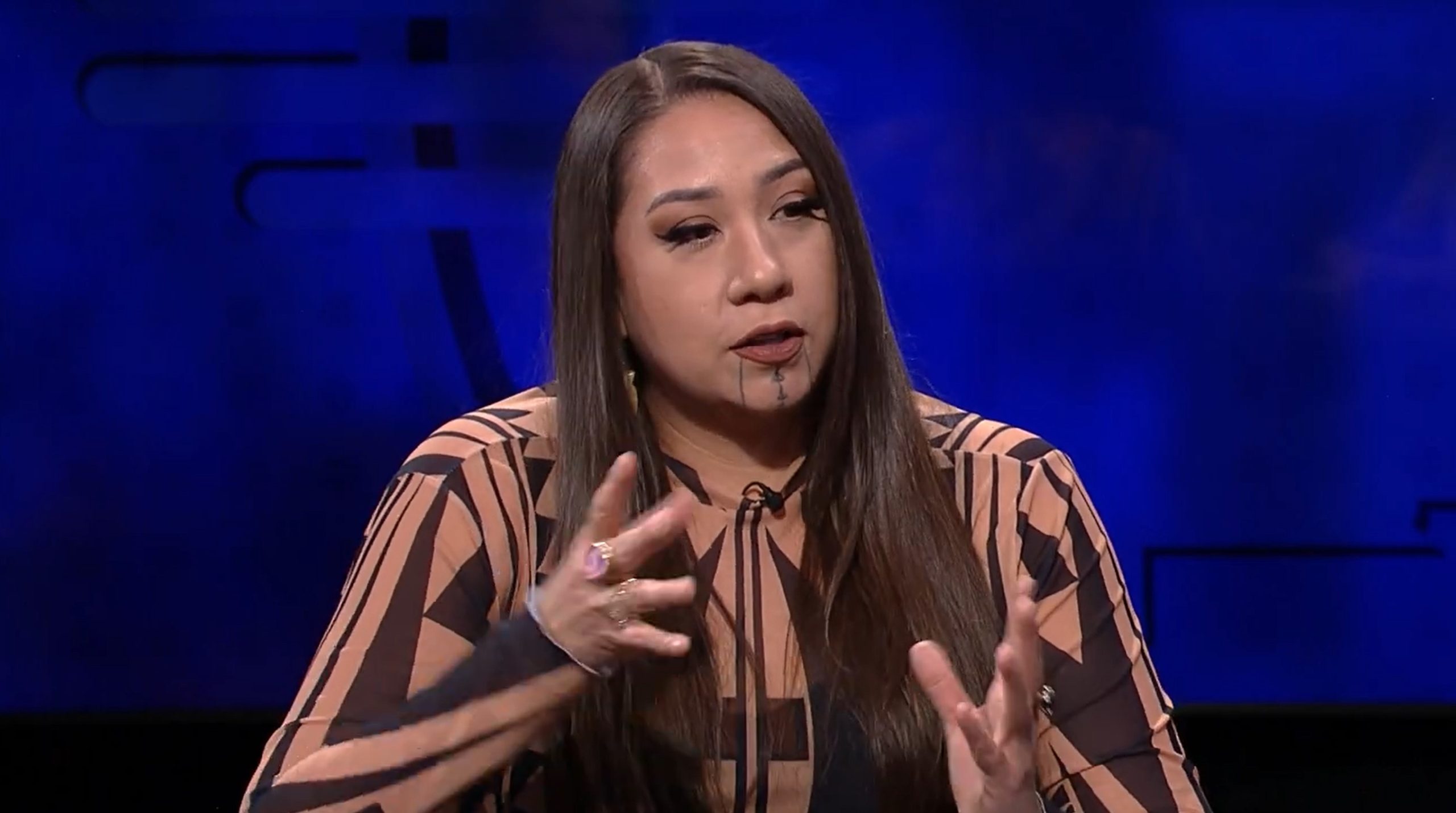 Advocates in New Mexico are working to raise awareness of missing and murdered Indigenous people among younger generations, including outreach to college students.
Advocates in New Mexico are working to raise awareness of missing and murdered Indigenous people among younger generations, including outreach to college students.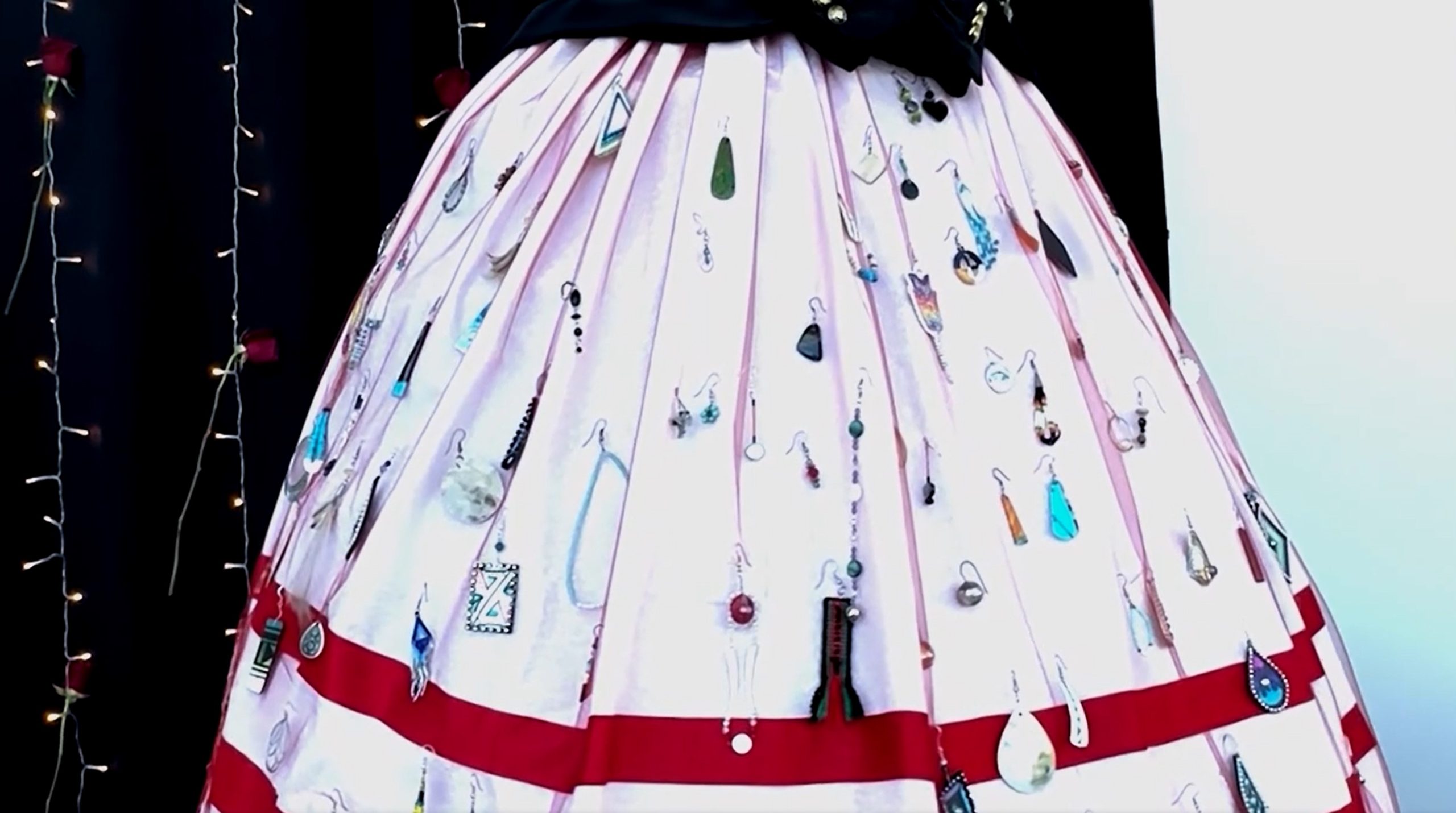 Baker helped organize the event
Baker helped organize the event 
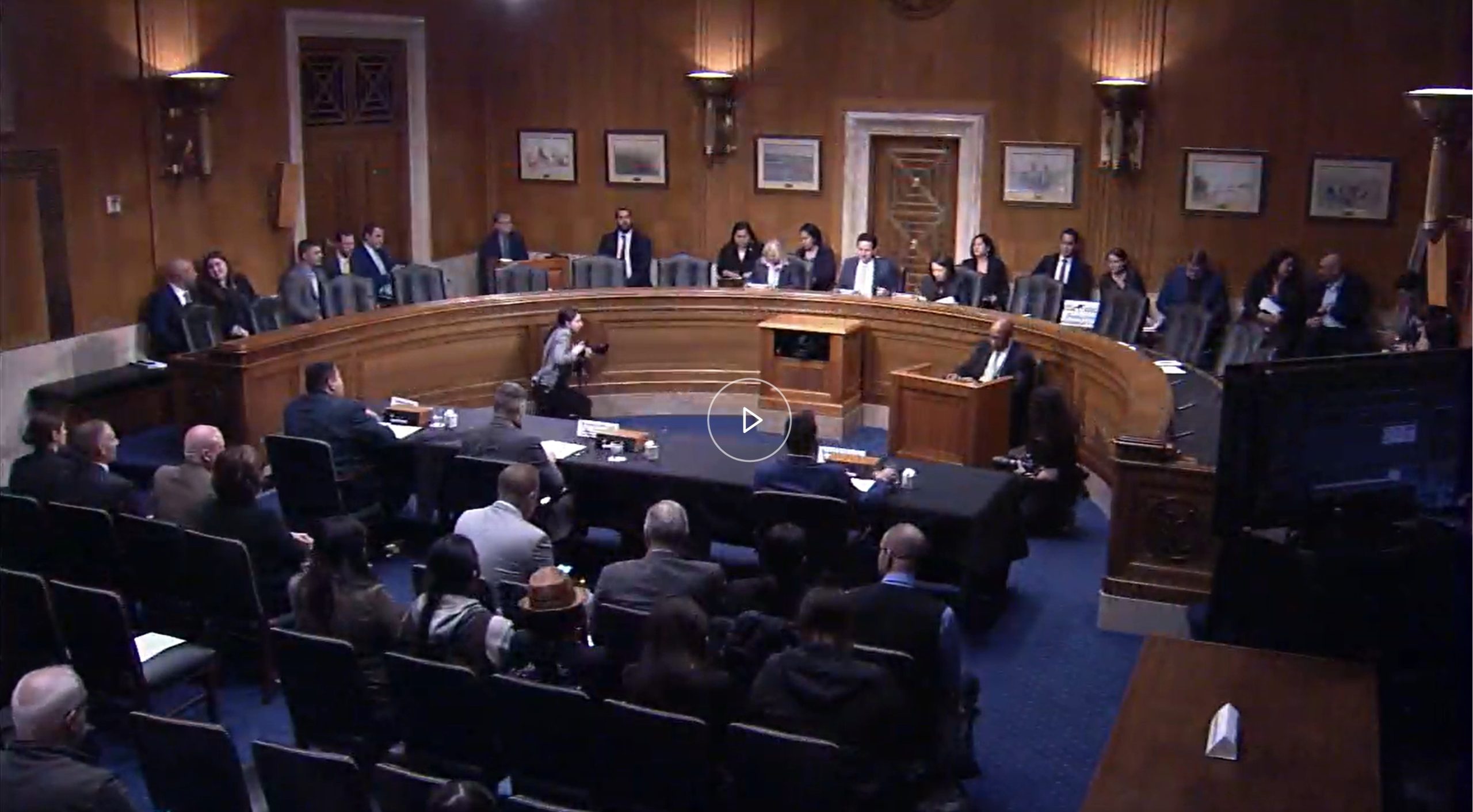
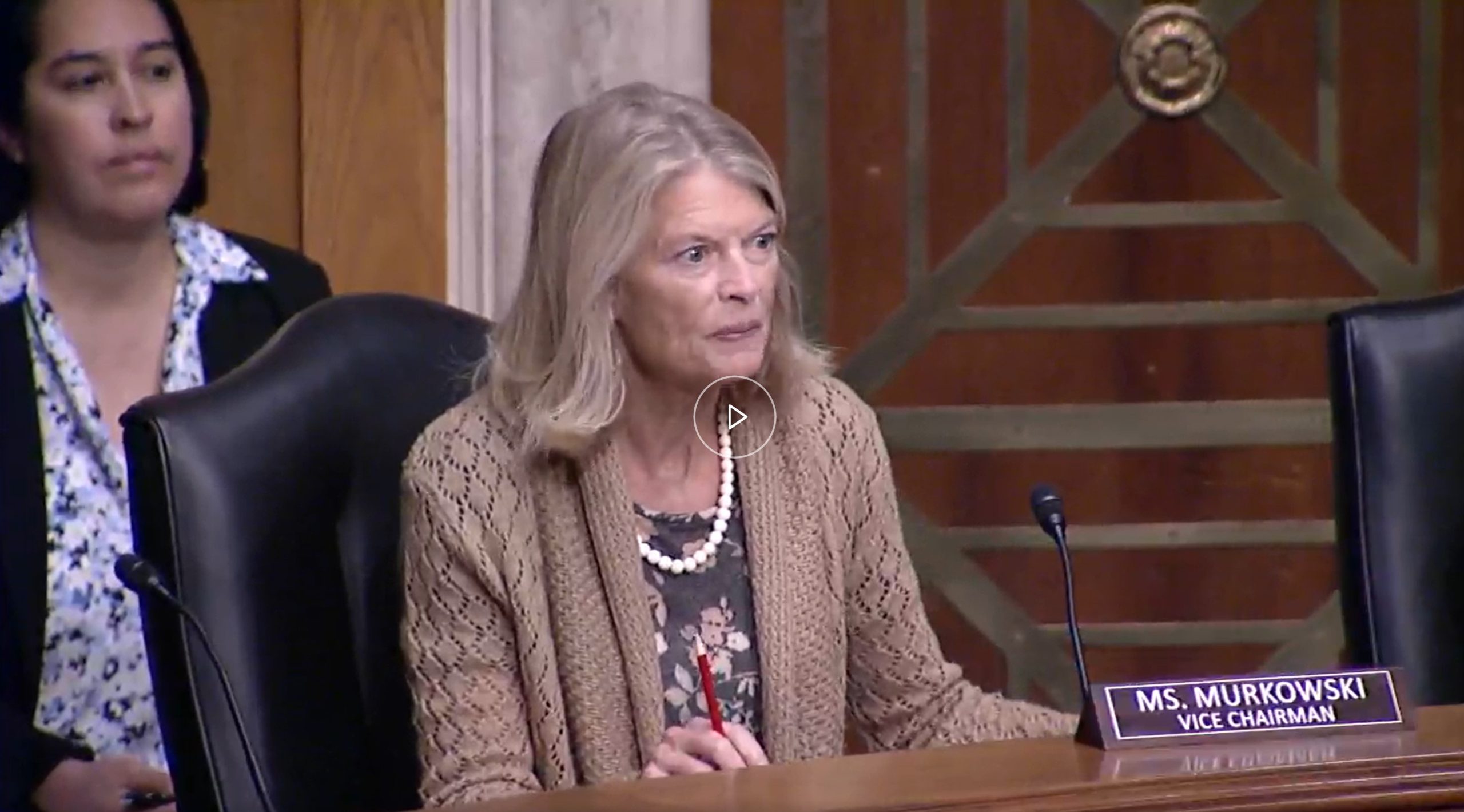
 The
The 

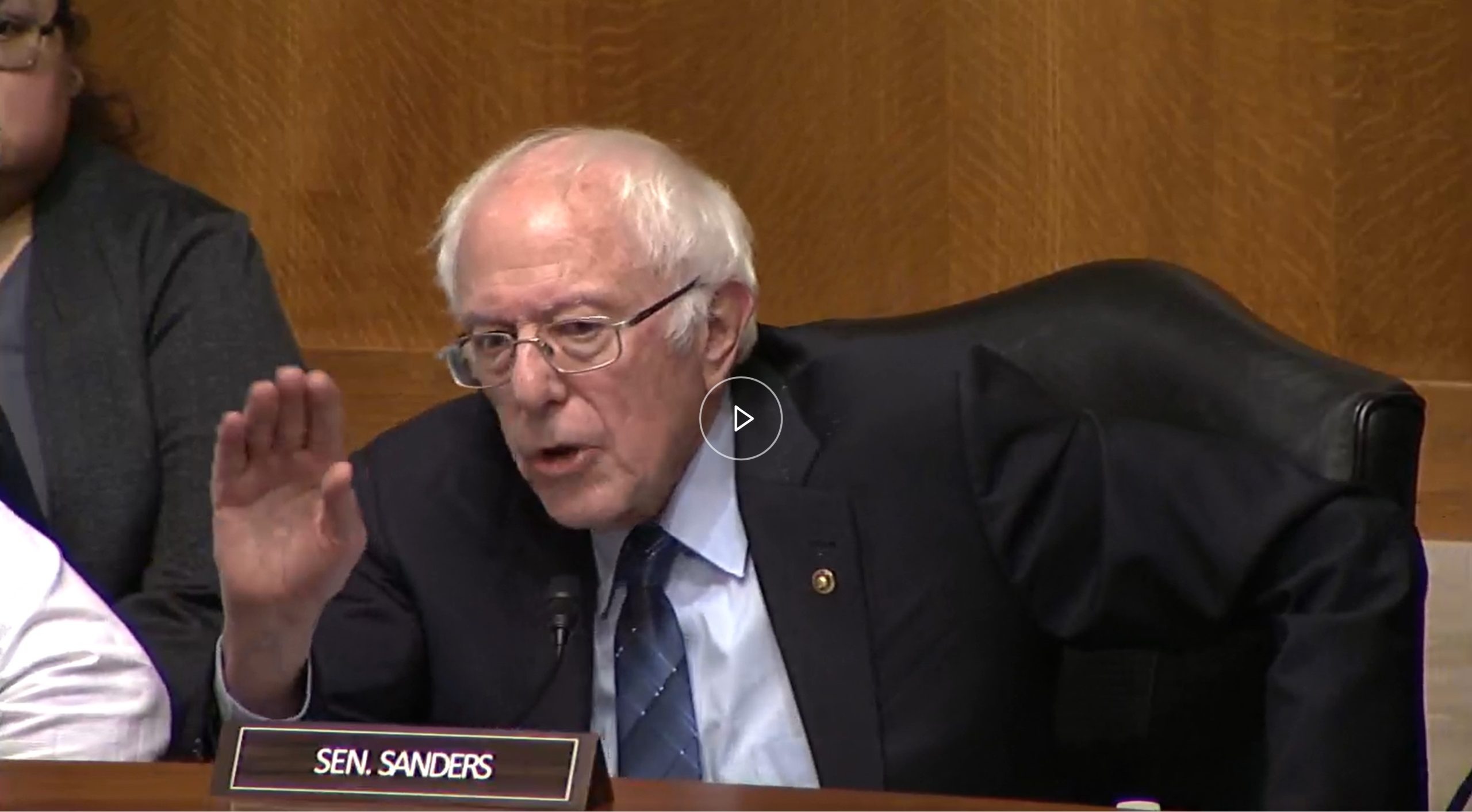


 Lac Courte Oreilles Ojibwe University recently announced plans to become an Emergency Medical Service Training Center after receiving approval from the Wisconsin Department of Health Services.
Lac Courte Oreilles Ojibwe University recently announced plans to become an Emergency Medical Service Training Center after receiving approval from the Wisconsin Department of Health Services.
 The Council for Native Hawaiian Advancement announced Thursday it has launched the website
The Council for Native Hawaiian Advancement announced Thursday it has launched the website 